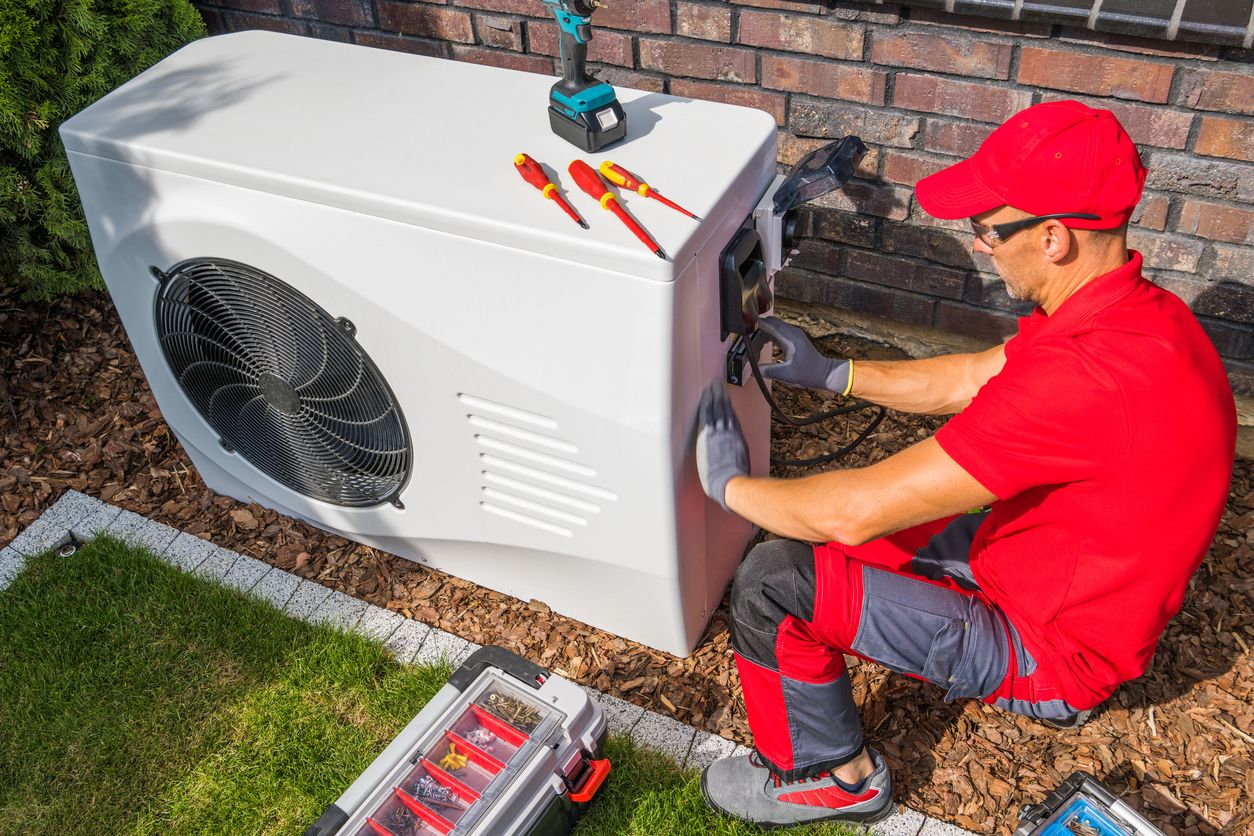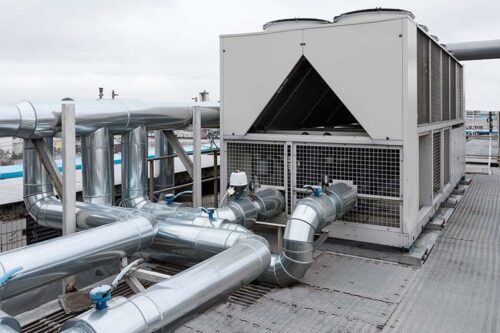Professional Boiler Repair Services To Maintain Your System Operating Efficiently
Professional Boiler Repair Services To Maintain Your System Operating Efficiently
Blog Article
Your Guide to Selecting the Right HVAC System for Your Needs
Picking an appropriate A/c system is an essential decision that can considerably impact convenience and energy efficiency in your home. Additionally, comprehending the different types of systems offered and their power rankings can aid direct your option.
Comprehending HVAC System Kind
When choosing a heating and cooling system, it is vital to comprehend the different types available to fulfill your details needs. The key categories of HVAC systems consist of central air conditioning systems, ductless mini-split systems, heatpump, and furnace systems.
Air conditioning systems are designed to cool down multiple spaces utilizing ductwork to disperse conditioned air. They are ideal for bigger homes calling for regular temperature level control. Ductless mini-split systems, on the other hand, offer versatility and efficiency, as they enable for zoning abilities, allowing individual area temperature policy without the demand for ductwork.
Warmth pumps operate by transferring warm rather than creating it, making them an energy-efficient option for both home heating and air conditioning. Alternatively, heater systems use burning to produce heat, using either power, gas, or oil.
Each system has distinct advantages and considerations, including installation demands, upkeep, and general costs. Recognizing these types will certainly assist house owners make notified choices based on their certain needs, environment, and spending plan constraints, ultimately making sure optimal convenience and performance.
Evaluating Power Performance
Energy effectiveness is a vital factor in the option of a HVAC system, as it directly influences both energy expenses and environmental sustainability. The Seasonal Energy Performance Proportion (SEER) and the Heating Seasonal Performance Variable (HSPF) are vital signs for air conditioning systems, representing their effectiveness over a common cooling and home heating season, specifically.
Furthermore, look for systems that have made the power STAR tag. This accreditation represents that the devices satisfies stringent power effectiveness guidelines set by the united state Environmental Defense Agency. Take into consideration the system's variable-speed technology, which permits for extra effective procedure by readjusting the output to match demand, further boosting power financial savings.
Moreover, correct insulation and duct sealing can considerably affect the system's general efficiency. In summary, selecting an energy-efficient cooling and heating system not just reduces your power expenses however likewise adds to a more lasting atmosphere, making it a crucial consideration in your purchasing process.
Assessing System Size
Picking the appropriate size for a HVAC system is vital to making certain optimal efficiency and effectiveness. An undersized system might have a hard time to preserve desired temperatures, resulting in raised damage, higher energy usage, and decreased comfort. Conversely, an extra-large system can cause fast biking, which not just triggers ineffectiveness but likewise affects humidity control and air high quality.
To evaluate the ideal sizing, it is important to conduct a tons computation, which thinks about factors such as the square footage of the space, insulation levels, home window sizes, and local environment problems - hvac. This computation aids establish the British Thermal Devices (BTU) needed for heating & cooling. In addition, it is vital to make up certain requirements, such as the number of passengers and the visibility of heat-generating devices

Installation Prices and Spending Plan
An extensive understanding of installment prices is vital for companies and house owners thinking about a new cooling and heating system. The overall expense of installation can differ commonly based upon a number of factors, consisting of the kind of system, the intricacy of setup, and the place of the residential property. Typically, installment expenses can range from $3,000 to $10,000, depending on the system's size and performance.
When budgeting for a cooling and heating system, it is critical to take into consideration not just the initial setup prices however likewise any kind of additional expenditures that might emerge, such as ductwork modifications, electric upgrades, or permits. Additionally, it is a good idea to obtain several quotes from licensed cooling and heating contractors to make certain competitive rates.
Homeowners must additionally factor in the potential long-lasting financial savings related to energy-efficient systems. While the ahead of time costs may be higher, energy-efficient models can cause substantial financial savings on utility bills in time.

Maintenance and Longevity Factors To Consider

Appropriate maintenance includes routine examinations, filter replacements, and cleansing of coils and ducts (hvac). Overlooking these jobs can bring about lowered performance, boosted power costs, and early system failing. Home owners need to also consider the accessibility of service contracts, which typically offer scheduled upkeep Read Full Report and concern service, straight from the source making certain that the system continues to be in peak condition
Long life differs by system kind; as an example, well-kept air conditioning devices can last 15 to 20 years, while heat pumps may have a life expectancy of 10 to 15 years. Choosing a system with a strong reputation for reliability, along with purchasing regular upkeep, can significantly enhance the system's toughness. In addition, selecting higher-efficiency versions might cause long-term financial savings on energy expenses, stabilizing the initial financial investment in time.
Final Thought
Finally, picking an ideal HVAC system demands mindful consideration of different elements, consisting of system kinds, power performance, and size. Examining setup prices and long-lasting upkeep requirements is necessary for ensuring optimum performance and cost-effectiveness. Engaging with a/c specialists can give useful insights and customized suggestions that align with specific heating and cooling needs. Ultimately, a knowledgeable decision will boost comfort and efficiency in property environments while making best use of power cost savings.
Picking a proper Cooling and heating system is an important choice that can considerably influence convenience and energy efficiency in your home.Power efficiency is a critical aspect in the option of a HVAC system, as it directly influences both utility prices and environmental sustainability. The Seasonal Power Efficiency Ratio (SEER) and the Heating Seasonal Efficiency Variable (HSPF) are important indicators for air conditioning systems, representing their performance over a regular cooling and heating period, respectively. Selecting a see this website system with a solid track record for integrity, along with investing in normal maintenance, can dramatically improve the system's resilience.In final thought, selecting an appropriate Heating and cooling system demands cautious factor to consider of various variables, consisting of system kinds, power efficiency, and dimension.
Report this page